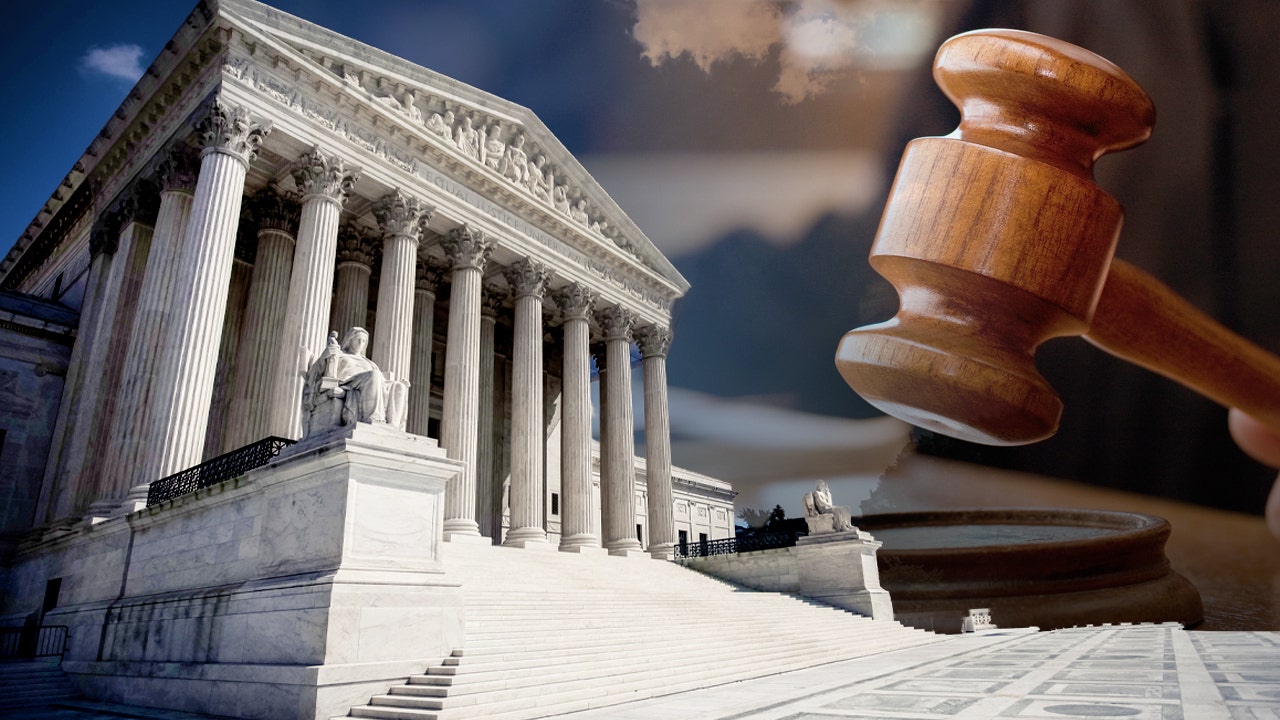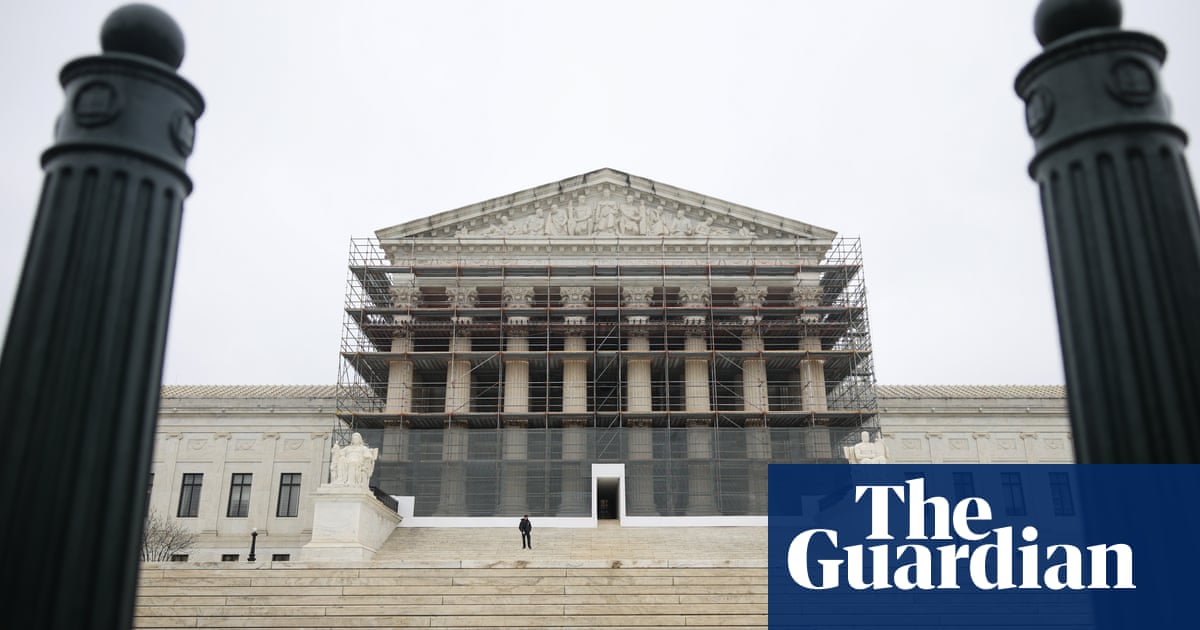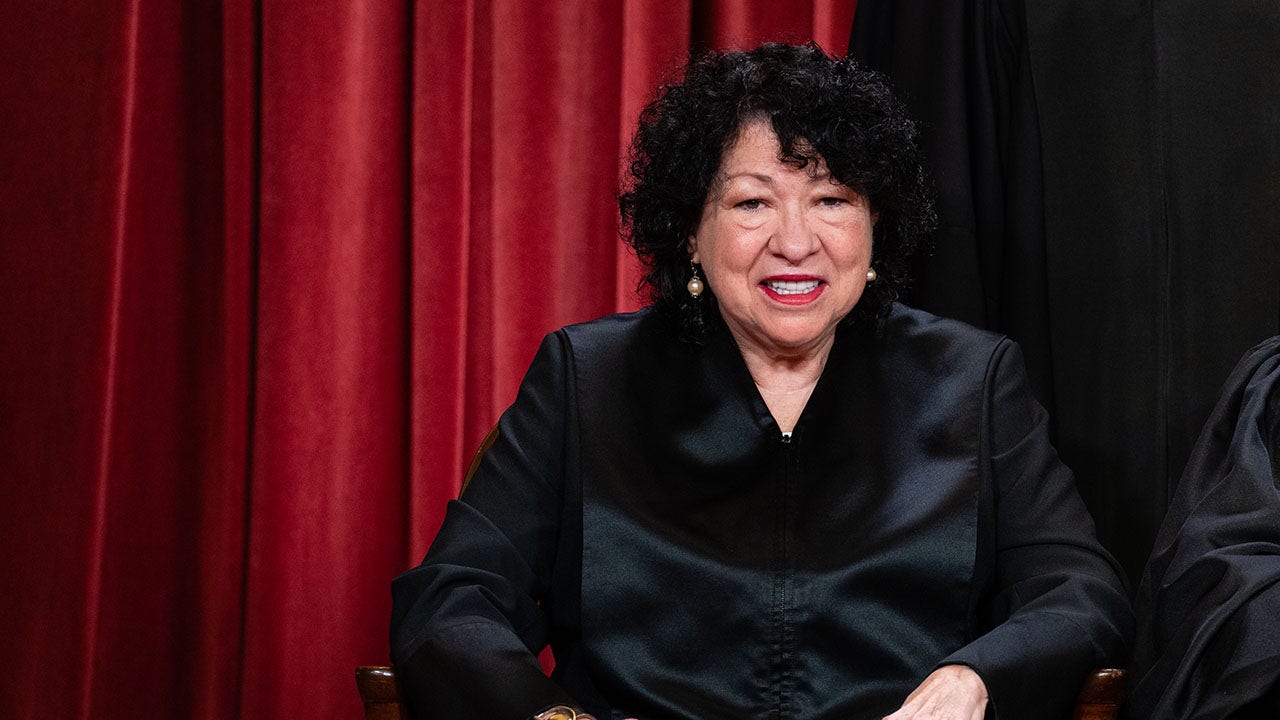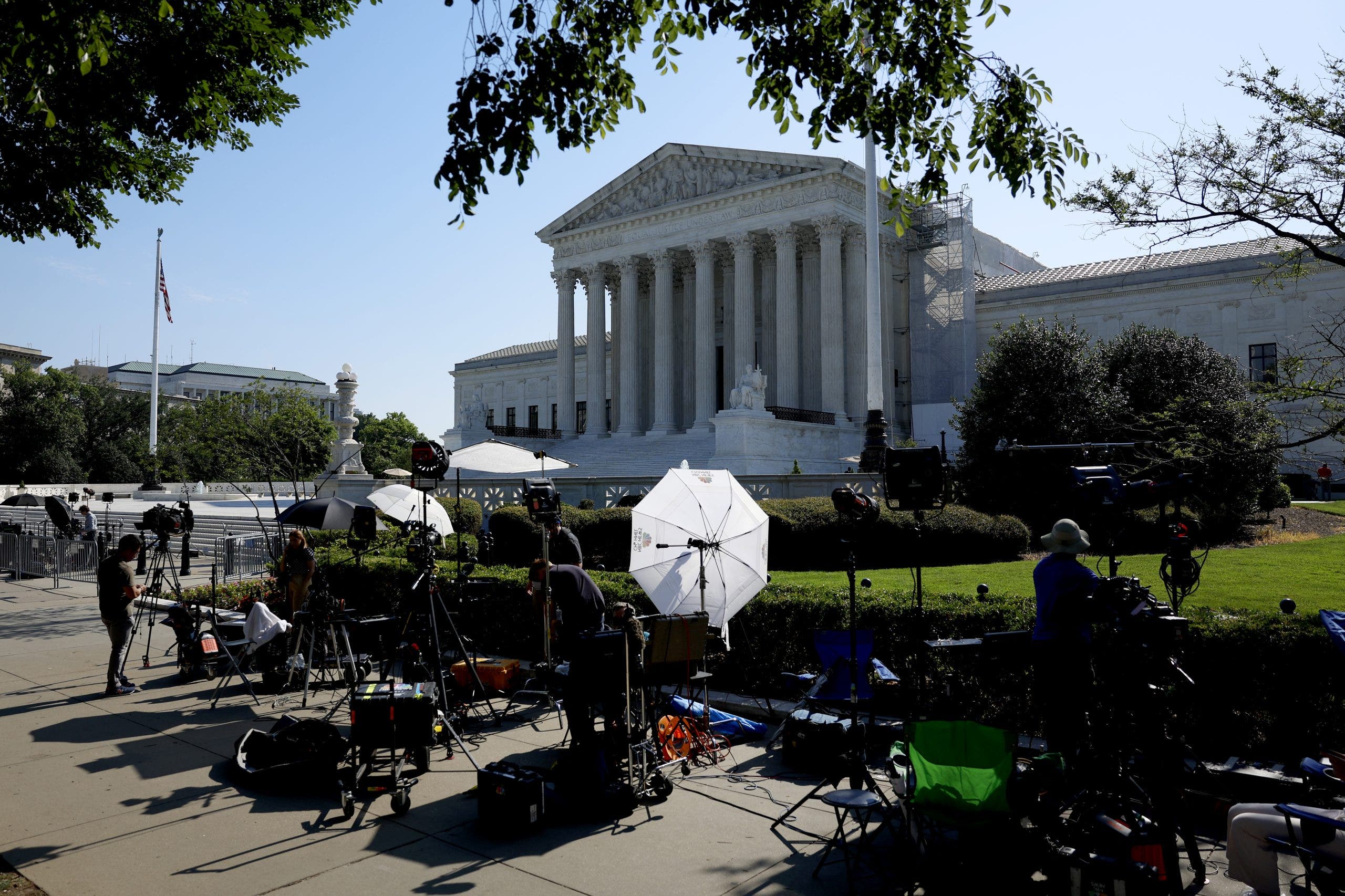Supreme Court Poised to Rule on First Taxpayer-Funded Religious Charter School Case
The Supreme Court considers a case that could establish the first taxpayer-funded religious charter school in the U.S., with implications for the separation of church and state.
Subscribe to unlock this story
We really don't like cutting you off, but you've reached your monthly limit. At just $5/month, subscriptions are how we keep this project going. Start your free 7-day trial today!
Get StartedHave an account? Sign in
Overview
The Supreme Court is deliberating the case of St. Isidore of Seville Catholic Virtual School, aiming to become the first taxpayer-funded religious charter school in the U.S. Conservative justices expressed support for including religious schools in funding programs, countered by concerns from liberal justices regarding the establishment clause. The Oklahoma Supreme Court previously blocked the school's contract, citing constitutional bans on government-sponsored religious education. A ruling favoring St. Isidore could redefine taxpayer funding for religious education nationwide, affecting over 8,000 charter schools serving millions of students.
Report issue

Read both sides in 5 minutes each day
Analysis
- The Supreme Court is currently deliberating on a case concerning St. Isidore of Seville Catholic Virtual School, which seeks to hold the status of the nation’s first religious charter school. This case raises significant questions about public funding and the constitutional separation of church and state.
- Recent arguments revealed that conservative justices displayed a degree of support for allowing the Catholic Church's participation in charter schools, with concerns articulated by liberal justices about potential favoritism towards religion and entanglement of church and state.
- The ongoing case illustrates the broader national debate on the role of religion in public education, exemplified by Oklahoma's Republican support, divided opinions among GOP leaders, and the contrasting positions of various interest groups.
Articles (12)
Center (3)
FAQ
Supporters argue that prohibiting religious charter schools violates their free exercise rights under the First Amendment, and recent Supreme Court rulings (like Kennedy v. Bremerton School District) have expanded protections for religious expression in public settings. They claim charter schools are privately operated, allowing religious participation in state funding programs.
A ruling could redefine charter schools as private entities eligible for religious exemptions, prompting states to revise laws to either accommodate or restrict religious charters. It may also lead to increased litigation over funding eligibility and curriculum standards.
The article does not specify why Barrett recused, but justices typically abstain due to conflicts of interest, prior involvement, or personal connections. Her recusal leaves the outcome potentially hinging on Chief Justice Roberts' vote.
Oklahoma law explicitly requires charter schools to operate as non-religious public schools, which led the state Supreme Court to block St. Isidore's contract for violating this provision.
States might face pressure to approve similar religious charter schools or pass laws explicitly prohibiting them, depending on their existing constitutional provisions on church-state separation.
History
- 6M

 3 articles
3 articles
- 6M

 3 articles
3 articles









